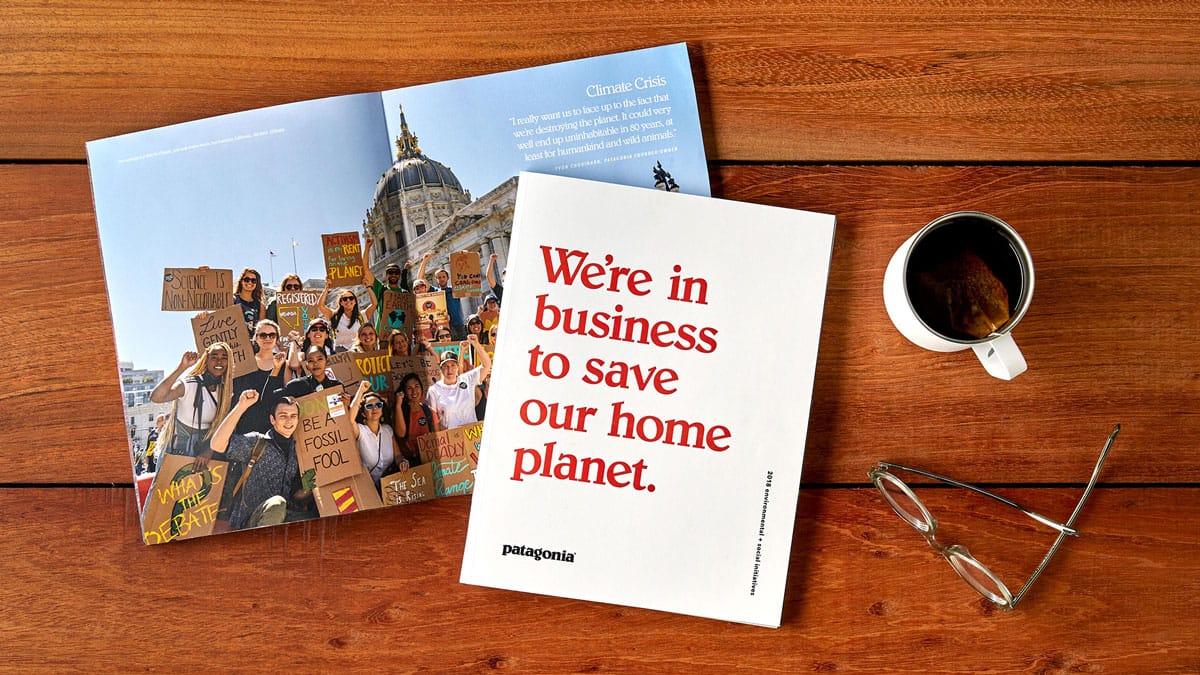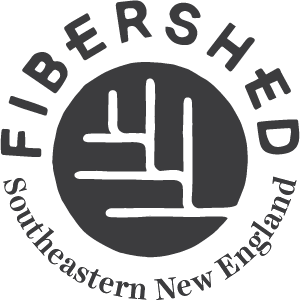
We’re so excited to announce the Southeastern New England Fibershed received an environmental grant from Patagonia! Grant funds will support project management, workshop development and costs, Wool Pool coordination, and outreach and communications to farmers and the public.
Our goal for this project is to encourage knowledge about and expansion in regeneratively-managed fiber animal grazing land in Southeastern New England by providing specific education, outreach, and marketing opportunities to fiber animal producers our region. The first step in this goal is to conduct an extensive mailed/emailed survey in order develop up-to-date, reliable baseline information about the number of fiber farmers in our Southeastern New England Fibershed, the acreage and practices they are using for grazing their animals, the amount, type, and quality of fiber they are producing, and current marketing channels, prices for fiber, and producer education needs.
We’ll then develop a series of workshops specifically for fiber producers including a second wool pool.
Finally, we’ll measure change over the course of the project by re-surveying producers with a more basic survey to measure changes in awareness and practices relating to grazing/land management, fiber management, marketing approaches, and prices received.
From the Patagonia site: “Patagonia supports environmental organizations like ours with bold, direct-action agendas and a commitment to long-term change. Because we believe that the most direct path to real change is through building grassroots momentum, our funding focuses on organizations that have or can create a strong base of support.
We support innovative work that addresses the root causes of the environmental crisis and seeks to protect both the environment and affected communities. We focus on places where we’ve formed a connection through outdoor recreation, and through our network of retail stores nationally and internationally. We think local battles to protect a specific stand of forest, a stretch of river, an indigenous wild species or a community from a polluting refinery are both effective at building public support and confronting larger, more complicated issues—like climate change, biodiversity loss and environmental justice. We encourage work that brings underrepresented communities to the forefront of the environmental movement and support communities whose health and livelihoods are threatened by environmental exploitation. We support multipronged campaigns that push for greater environmental protections and force the government to abide by its own laws.
Because we’re a privately held company, we have the freedom to fund risk-taking, off-the-beaten-track groups, and that’s where we believe our small grants are most effective.”
For more information on Patagonia’s environmental grants, go here.
